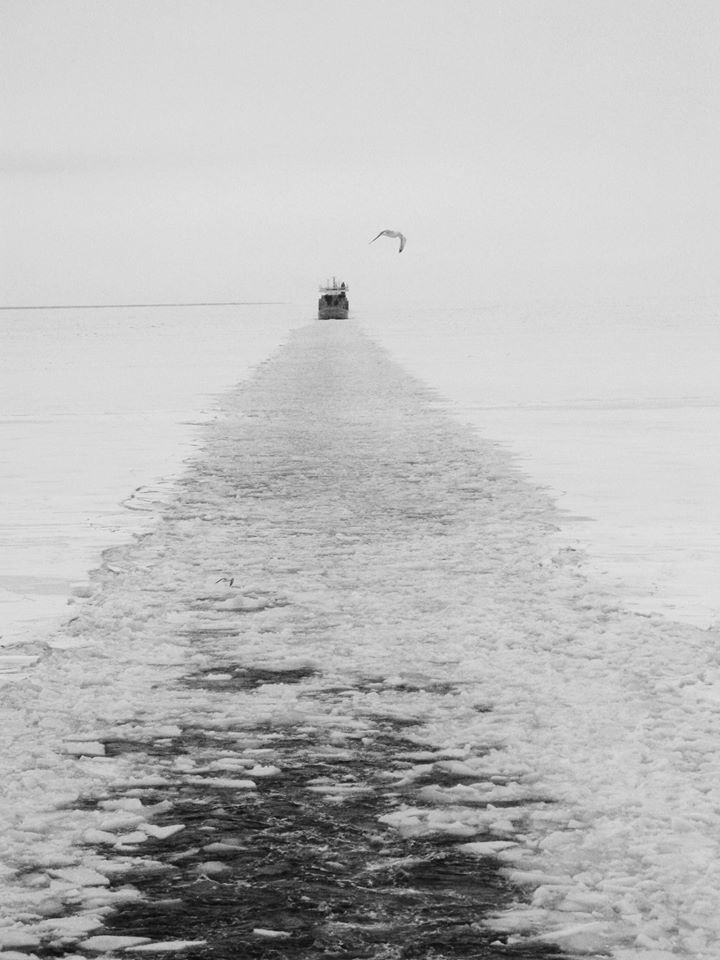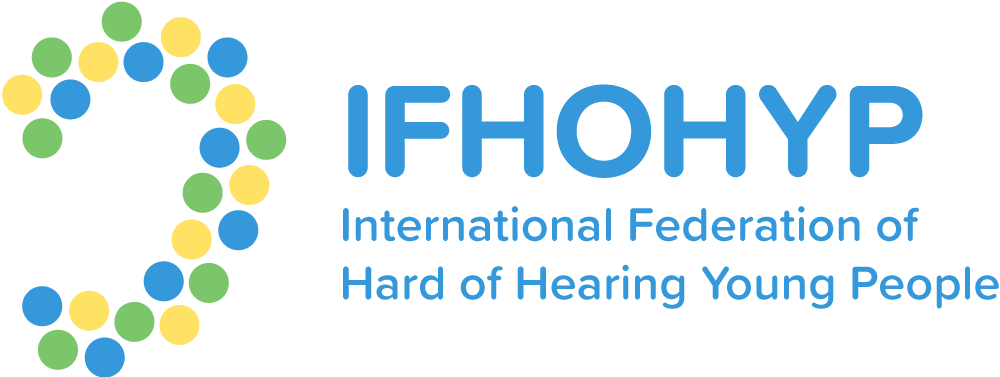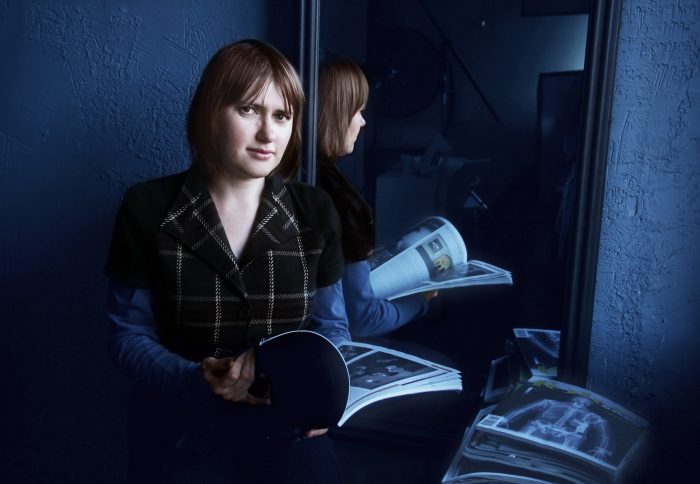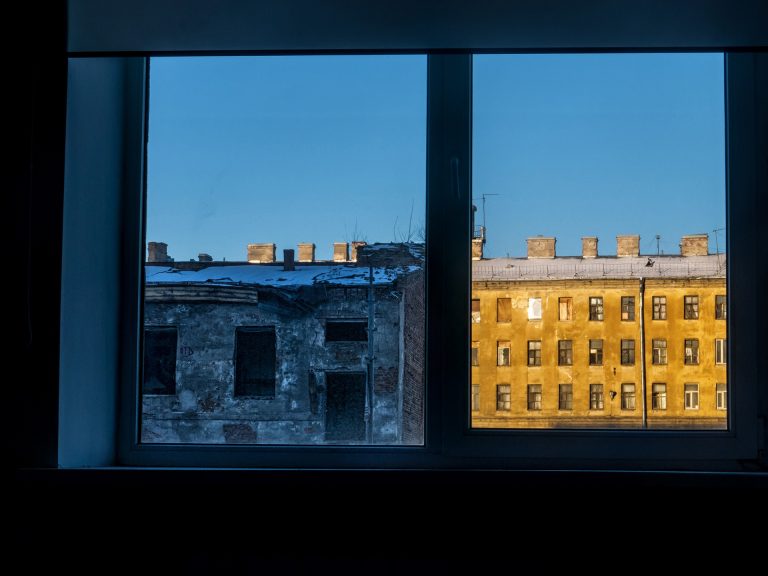
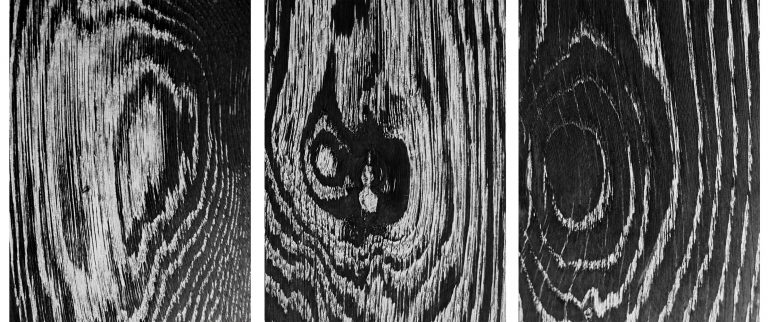
Bring the popcorn, sit on the comfortable sofa or bed and watch the next part of very interesting series about Human of IFHOHYP. Today we'll meet very interesting person, who takes a photo. But if you think that these photos are 'just as everywhere', then you'll make a great mistake, because Irina, our conversationalist, doesn't 'just take a photo as everyone'. But let her allow to speak in her behalf! /TENSE MUSIC INCREASING/
Maria Skoczyńska : Could you tell me, what do you think when you hear the word 'photography'?
Irina Ivanova : I am HOH. I hear nothing! La-la-la…. Seriously. It can be very different, It depends on situation. You know, sometimes I hear my own voice speaking “photography” Sometimes all begins with “Mmm… somebody spelled a word “photography”? And slowly I turn to this person…”What did you tell now?” Sometimes, it’s order and I react like Pavlov's dog and just shoot. Sometimes, somebody said something. Whatsoever! Sometimes, oh somebody want retouched photos from me, what I should reply? Sometimes, mmm… which exhibition or event I should visit then. Different situations leads to different solutions.
Maria Skoczyńska: You've told that your own voice speaks sometimes to you about photography. What exactly photography does mean for you? What is the most important in photography for your inner voice?
Irina Ivanova: I meant my physical voice because I was responsible for photographic events during 3 years so I needed to negotiate with people about them. Photography is one of way for me to communicate with world and memorize. Photography leads me to new roads, to new places and new people. I shoot when I think, it’s interesting enough to remember, worth enough to remember and show to other people to see. It may be fascinating geometry of lines, remarkable combination of colors, and incredible light in conjunction with shadows…
Maria Skoczyńska: Wow, it seems like the photography is like your inner eye (not like Sauron's eye, I hope)! But how it come, that you've discovered photography and let it allow to lead you into the new corners of your life?
Irina Ivanova: It’s more like eagle eye. Oh, I spotted something interesting. So, if it’s worth to shoot or not? There was no such case as I waked up suddenly and it dawned on me. It was step-by-step. Like snail . I was born when film photocameras existed everywhere and became fond of photography later when digital cameras appeared. I lived at times when there were no digital cameras, mobile phones. Computers were something new to us. At first I painted at different clubs so I have some idea of compositions and colors since then. My attitude to photography was more like as model than photographer “Oh, somebody is shooting, I should be in frame, too”. Then I joined to rather small photography course for hard of hearing people. It was not serious then. Later I became familiar with internet social network and joined to photo critics group where photographers and amateurs discussed the quality of photography. You could upload your photography and get opinions. Discussions were rather harsh. Not soft. Totally. Either you could take part in it nor you could just read. But it developed the photography mind. You were reading and thinking, I did not notice the composition or something else in such way in this case. And when I was at second university I took some photography courses more consciously. Since these moments I went on the road of photography without stops. And there is no end to it for now.
Maria Skoczyńska: Sounds like very serious adventure! And hope that this road of photography isn't the highway to hell... You have mentioned here so many interesting topics. I would like to give you two question then:
As the person who remember the times without digital cameras (almost unbelievable to imagine it now, right?), what opinion you have regarding to digital photos and programmes for retouching them, does it make creating a real piece of art easier or rather more difficult?nYou also said that you have joined once to the photography course for HoH people. Have you had a contact with HoH world before? It's not that obvious, a lot of people with hearing loss have the stories like 'I was alone in hearing world and discovered HoH world as a teenager or adult person'.
Irina Ivanova: My country was closed one so technology has evolved much slower. We had automatic film photocameras during my childhood. You make film frames. One photographic film contains about 32 frames at least. After reaching the end of film, you need to hand over it to special places where film frames were developed and printerd. Usually it was ok, but sometimes photographic developer was bad, so frames became spoiled and can not be recovered again. So taking photos now is much easier. First, you are not limited to only 32 film frames. Second, you can see immediately what result you have got. And, you can reshoot immediately. Third, you can edit photos easily in digital programmes. Fourth, you can print so often as you want. You can not print film frames endlessly due to physical reasons. But before you usually printed photos and kept them in albums, now all are saved to computer and I think it may be even more fragile because if computer goes down, these digital frames disappear forever. Yes I met before HOH people. I was educated at kindergarden for HOH and deaf. We do not separate them in our country. Border between them is very flexible. After kindergarten I went to school for hearing people. It’s rare choice for parents in fact. But we communicated with parents of hard impaired children a little. So I have met active group of parents and their children in art. Therefore, I learnt sign language a bit and communicated with them. They organized photo course for children and I took first step on very long road to photography world and HOH and deaf world. Looking at back, I see I always have been to roadside of HOH world.
Maria Skoczyńska: So, do you think that having the roadside of HoH world in your background made your social life easier? Would you recommend to the parents of HoH children sending their kids to the hearing school or rather to the place like kindergarten?
Irina Ivanova: the roadside of HoH world in your background - do you mean being outside of hoh and deaf world? Oh, just tp be familiar woth HOH and deaf world at all?
Maria Skoczyńska: I meant that you in some ways exist in the three worlds: hearing one is the main world for most of people, but you got the chance to be in hearing world with knowing also HoH and deaf ones. Did this knowledge helped you in social life in hearing world?
Irina Ivanova: first question What I will say now it’s based on my experience in Russia. I consider the best way is to send child to kindergarten for hard of hearing people and after it to choose the school. Raising smart and cultured child who hard of hearing or deaf requires a lot of knowledge and skills. Education in early years is really important! The sooner the better. So if it’s possible for parents it would be better to send HOH child to special kindergarten so you could get the help of specialists. At first first you need to create the firm base, and then build something on it. After completing kindergarten you already know your child and you can decide if it makes sense to send him\her to oral school or for HOH. There are some features you should take into consideration. Besides physics or chemistry socialization is very important. A child who knows how build networks and alliances, may be more successful than who knows physics perfect but is alone. So the most important question is can child at this school to make new friends and get knowledge at proper level at the same time. What is more important, what to sacrifice. It depends on the level of child’s hearing and social development.
But I consider the isolation of child from HOH and deaf world is unfruitful. When Hearing loss is severe that it’s difficult for them assimilate to the hearing world. To study at oral school and lead child to HOH meeting places if you have such places at you city. There are no ready answers at these matters.
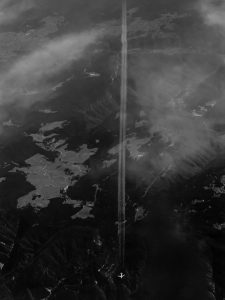
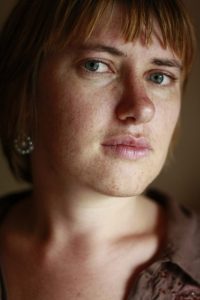
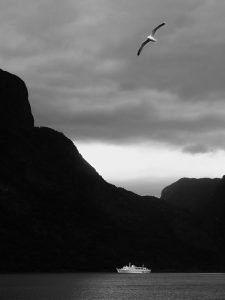
Maria Skoczyńska: Which styles in photography do you admire or appreciate the most?
Irina Ivanova Irina Ivanova: Genres or style? Nearly all genres are equal to me. I love Portrait Photography, Fine Art, HIGH Fashion Photography, Photojournalism, landscape. To make or look at exhibitions. Performance level of photography is more important that other things. I admire laconic photography without unnecessary bits in compositions and color combination, or with idea or art context. I love works of Ragnar Axelsson, Rodney Smith, Joyce Tenneson, Richard Avedon, Julia Margaret Cameron, Lillian Bassman. But I do not have strong preferences. Level of concrete photography is more important for me that name of photographer.
Maria Skoczyńska: I've checked these photographer what you sent me and then understood what did you mean by laconic photography. It sounds like the rule from architecture, 'less is more'. Less elaborate combinations can mean more power in the reception of the main photo idea. It demands sensitivity for art. Maybe it's weird question, but now I've started to wonder if being HoH can be in some ways related to being sensitive for art? When one of your senses doesn't work as it should, then you use another one to compensate it. Do you treat sometimes the art as a way to find different connection with reality?
Irina Ivanova: I think yes, being HoH can be in some ways related to being sensitive for art. But. As you usually see everything in nature is related to surviving and mating. Horses have monocular vision. This means that they look at both sides of the head and do not go crazy. Dolphins can see well not only under the water, but also above the surface of the sea. Coming to the surface, they constantly change from one type of perception to another. Jump -see, jump - see. At the same time, the moles are not blind, but they have no keen eyesight, because they live underground. If you has low hearing it means that vision should be developed for a better perception of the world. So HOH and Deaf can notice many thing better and faster than hearing people. Hearing people can notice less or slower by eyes because they rely on ears too in case if they do not see. So, there is a basis for greater sensitivity to art indeed. But learning is required to understand and create the art.
Maria Skoczyńska: …aaaand which tools do you use to create your own photo world, when everything can happen like in the fairy tale?
Irina Ivanova: I do not create own photo world. I just shoot what i see.
Maria Skoczyńska: But... when you shoot what you see and share it with another people, isn't that a kind of showing them your own world and your own way of seeing this world in certain form?
Irina Ivanova: It may be a kind of showing them my own world and my own way of seeing this world. As any photographer. Photography is objective and subjective in the same time. You shoot what you see. But choosing subject and cropping the image is reflecting the photographer's perception of the world and can drastically change the perception of specific subject. All depends on the point of view.
Which tools? Firstly my eyes, secondly is my brain, thirdly the photocamera button called "masterpiece".And famous programmes as Photoshop and lightroom to redit and retouch images are really great crutches for photographer. But better to shoot good since beginning.
Maria Skoczyńska: What should be important for someone who already got first camera and started to think 'OK, how should I start this journey?
Irina Ivanova: Firstly, you know, you are not pioneer in photography. A lot of people walked this way and did great. There is history of art. And you should know it. Visual feeding is important for photographer. Look at great photos of great photographers - classics. Either Henri Cartier-Bresson or Rodney Smith, either Julia Margaret Cameron or Dorothea Lange... You should know their names and not only.To find button on photocamera is easy. It's enough to read the instructions. But you need to study history of photographer. And pity that many students are ignoring this part.
Maria Skoczyńska: Aye, aye, captain! I'll do everything what you advised and solemnly swear to not ignore this part of the studying history of photographer! Moreover, I also encourage you all, readers, to do the same! Ok, ok, ok. Do you have any special photo with special thought or story related to it which would you like to share with each other, as a punchline of all this interview?
Irina Ivanova: I usually am not fond of telling stories for photographies. There is the fashion now that some photos are not understable withought long texts, preferred in three volumes. I name that as "it's too intellectual photos". But I prefer to take photos which speak for itself.
